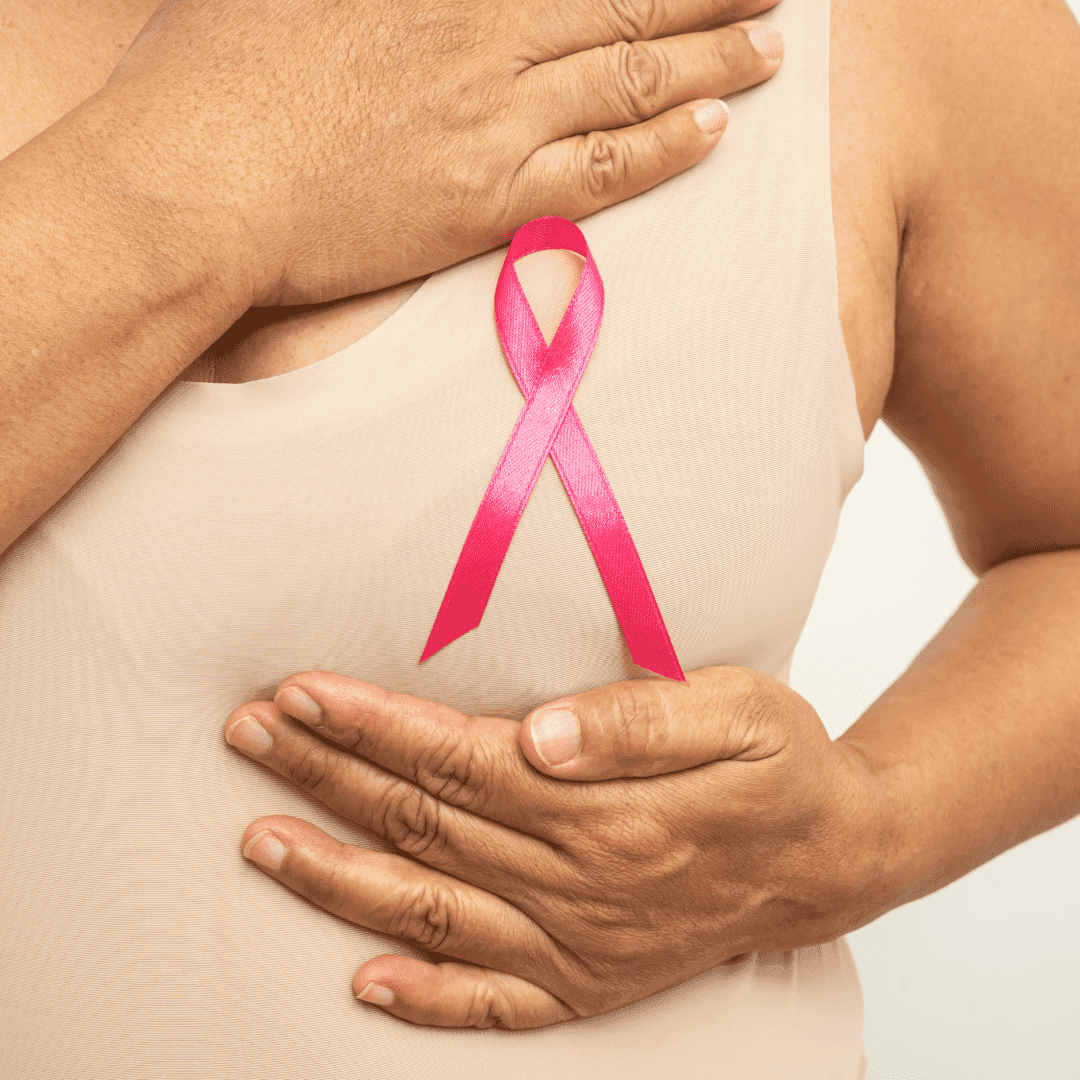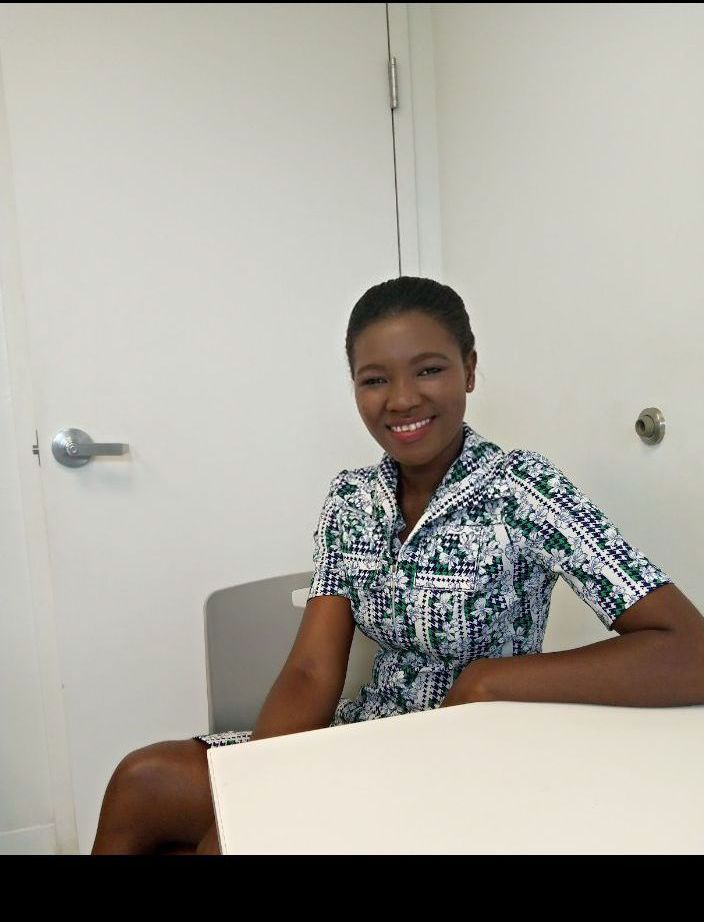
October is Breast Cancer Awareness Month, a global initiative that sheds light on the importance of early detection, prevention, and treatment of breast cancer and how regular self-examinations can save lives.
A new Framework was unveiled ahead of the World Cancer Day campaign, advising that countries execute the three pillars of health promotion for early detection, prompt diagnosis, and thorough management of breast cancer. According to research WHO (2023), Breast cancer is the most prevalent cancer in people, with more than 2.3 million cases diagnosed each year. Breast cancer is the primary or secondary cause of mortality for women from cancer in 95% of the world’s nations. Nearly 80% of adult deaths from breast and cervical cancer take place in low- and middle-income nations.
Taking a closer look at Ghana, Nearly 70% of women diagnosed with breast cancer are in the advanced stages of the disease due especially to low awareness, resulting in limited treatment success and high death rate. These numbers highlight the pressing need for awareness, early detection, and access to healthcare services. Akuoko et al. (2022)
Early detection is a woman’s most potent weapon against breast cancer or any other condition. Regular breast self-examinations and healthy lifestyles play a pivotal role in this. Here’s a simple guide on how to conduct a self-exam;
💕Choose a Convenient Time: Perform self-exams at the same time each month, preferably a few days after your period ends.
💕Visual Inspection: Stand in front of a mirror with your arms at your sides. Look for any changes in breast size, shape, or skin texture.
💕Raise Your Arms: Raise your arms above your head and check for the same changes
OR MANUALLY
💕Lie down and use your right hand to examine your left breast and vice versa. Use three levels of pressure – light, medium, and firm – while feeling for lumps, knots, or abnormalities.
💕Check Your Nipples: Examine your nipples for any signs of discharge or changes in direction.
💕Axillary Lymph Nodes: Don’t forget to check your armpits for enlarged lymph nodes.
Breast cancer is most treatable when caught early. Regular breast self-exams, clinical breast exams, and mammograms are your allies in early detection. Women should begin performing breast self-exams in their 20s. If you’re 40 or older, mammograms are crucial. For women at higher risk, screenings may begin even earlier. Knowing your family history and risk factors is a vital part of this process.
Preventing breast cancer begins with a healthy lifestyle. Maintaining a balanced diet rich in fruits, vegetables, and whole grains, staying physically active, limiting alcohol consumption and not smoking help to prevent this deadly condition.
Breast cancer doesn’t just affect the individual; it impacts families, friends, and communities. Breast Cancer Awareness Month reminds us of the importance of self-care, regular check-ups, and raising awareness. By educating ourselves and supporting one another, we can face breast cancer with courage, hope, and resilience.
Knowledge is power, and together we can strive to make a difference for a world without breast cancer.
REFERENCES
WHO. (2023, February 3). WHO launches new roadmap on breast cancer. Www.who.int. https://www.who.int/news/item/03-02-2023-who-launches-new-roadmap-on-breast-cancer
Akuoko, C. P., Chambers, S., & Yates, P. (2022). Healthcare providers’ perspectives of the supportive care needs of women with advanced breast cancer in Ghana. BMC Women’s Health, 22(1). https://doi.org/10.1186/s12905-022-01931-7
National breast cancer. (2021). Breast Self-Exam. National Breast Cancer Foundation. https://www.nationalbreastcancer.org/breast-self-exam/
Explore our website for more valuable insights, practical tips, and delicious recipes to support your journey toward a healthier and happier you!

Join Weight Goals with Aba’s WhatsApp community and gain exclusive access to our hub of articles and recipes. Be part of a supportive community, receive valuable insights, and stay up-to-date with the latest in nutrition, fitness, lifestyle, and medicine. Elevate your weight goals journey by joining us today.

Talk to Aba